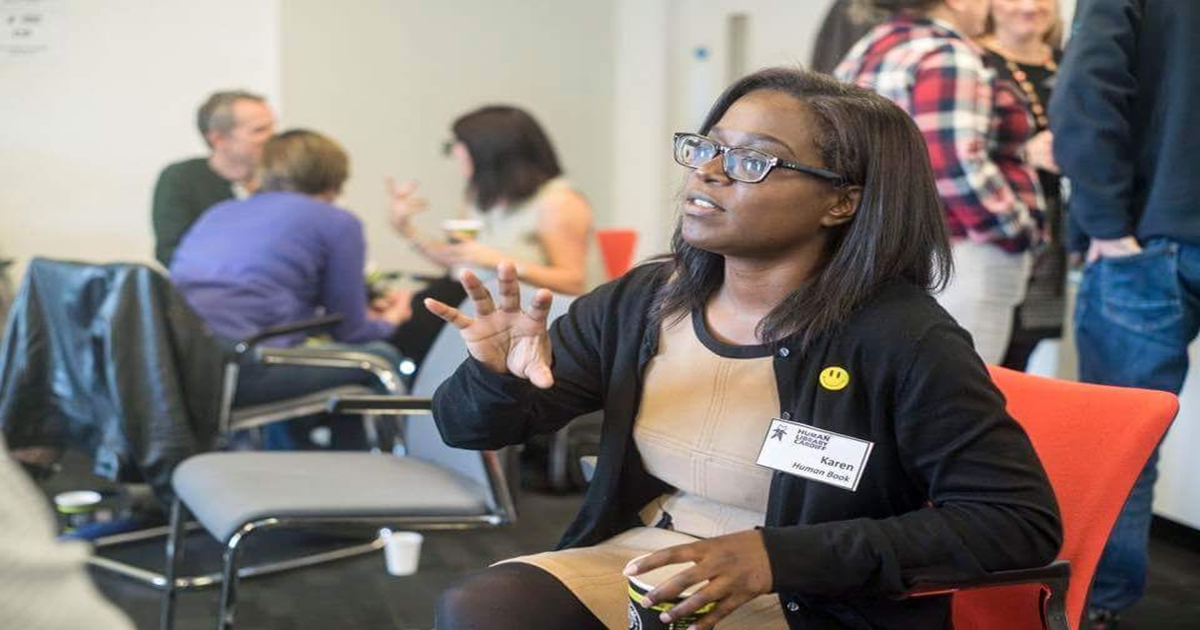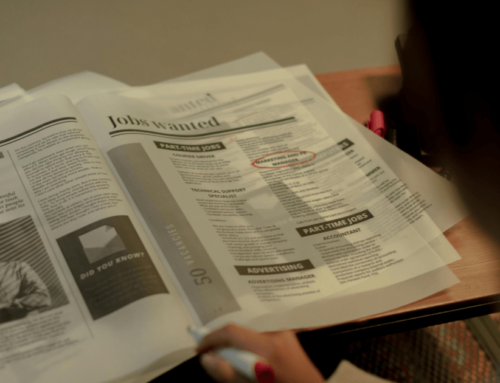Navigating a Coaching Conversation
Karen Blake Coaching believes in empowering individuals and organisations with the ability to direct their own career coaching journeys and professional development. Fostering autonomy in coaching sessions with employees is critical for organisations, but creating this coaching culture within the workforce requires education, awareness, and the ability to navigate a coaching conversation. In the ever-changing workplace landscape, each individual’s coaching path is unique. To fully reap the organisational and personal benefits of coaching, employees and individuals must understand the range of topics available to them.

Living in Merthyr Tydfil and its surrounding areas, Karen Blake Coaching understands the unique hurdles our community faces, offering tailored coaching solutions to address local challenges. With recent business closures impacting the local economy and influencing the cost of living, many individuals find themselves at a crossroads. They are undecided about their next steps and unsure of how to navigate the current job market or acquire the necessary skills for new opportunities. This includes guidance on starting a business while employed or coping with the uncertainty of redundancy.
Given those challenges, you could discuss some of these topics during a coaching session, as it can be difficult to come up with relevant topics in the early stages of coaching.
What is included in career coaching?
Career coaching is a dynamic, one-on-one collaboration between coach and client. It’s about where you want to go, where you are now, or simply letting the session unfold naturally. Fostering autonomy in employees’ coaching choices is critical for organisations implementing coaching programmes. Coaching sessions should be varied in order to maximise organisational benefits in a rapidly changing work environment.
10 Career Coaching Topics for your coaching conversations
- Work/Life Balance: Address the pressing need for balance and well-being by navigating the challenges of remote and hybrid work.
- Career Development: Examine your career options strategically, identifying skill gaps and setting attainable goals.
- Setting Boundaries at Work: Increase job satisfaction by mastering the art of setting boundaries, which is essential for achieving a sustainable work/life balance.
- Communication Skills: Improve interpersonal relationships, influence collaboration, and reduce workplace errors.
- Performance Coaching: Overcome stagnation by implementing productivity-boosting systems and gaining insights into strengths and areas for improvement.
- Mental Wellbeing: Improve well-being and workplace effectiveness by encouraging mindfulness, risk-taking, and self-assurance.
- Networking and Personal Branding: Build a professional brand that opens doors to opportunities by developing networking skills both online and offline.
- Public Speaking: Overcome your fear of public speaking and develop into an effective and engaging communicator.
- New Manager Coaching: Assist new managers in confidently navigating their roles, ensuring a smooth transition to leadership.
- Overcoming Limiting Beliefs: Recognise and overcome subtle barriers rooted in previous experiences, revealing hidden talents for professional development.
Additional topics:
11. Skill Development: Define career goals, identify necessary skills for advancement, and plan the steps required for upskilling.
12. Career Transition: Navigate the complexities of career changes by reframing experiences and identifying transferable skills.
13. Performance Reviews: Prepare for performance reviews by gaining insights and conducting an in-depth self-evaluation.
14. Giving and Receiving Feedback: Master the art of giving and receiving constructive feedback to transform workplace effectiveness and culture.
Choosing Your Coaching topic
You don’t have to come to your coaching session with a topic in mind, but a brief moment of reflection beforehand can improve its effectiveness and help you navigate the coaching conversation with your coach. Your feelings and experiences during the session can guide the conversation, ensuring a focused and valuable discussion.
Getting the Most Out of Your Coaching Experience
Career coaching is a journey with shifting priorities. The key is to make the most of your time, whether you have a specific agenda or approach each session with an open mind. For each session, a broad question and a specific takeaway can ensure a fruitful and impactful coaching experience. In most of our coaching sessions, we are able to extract the primary concerns from our initial discussion and then spend the rest of the time developing an action plan.





